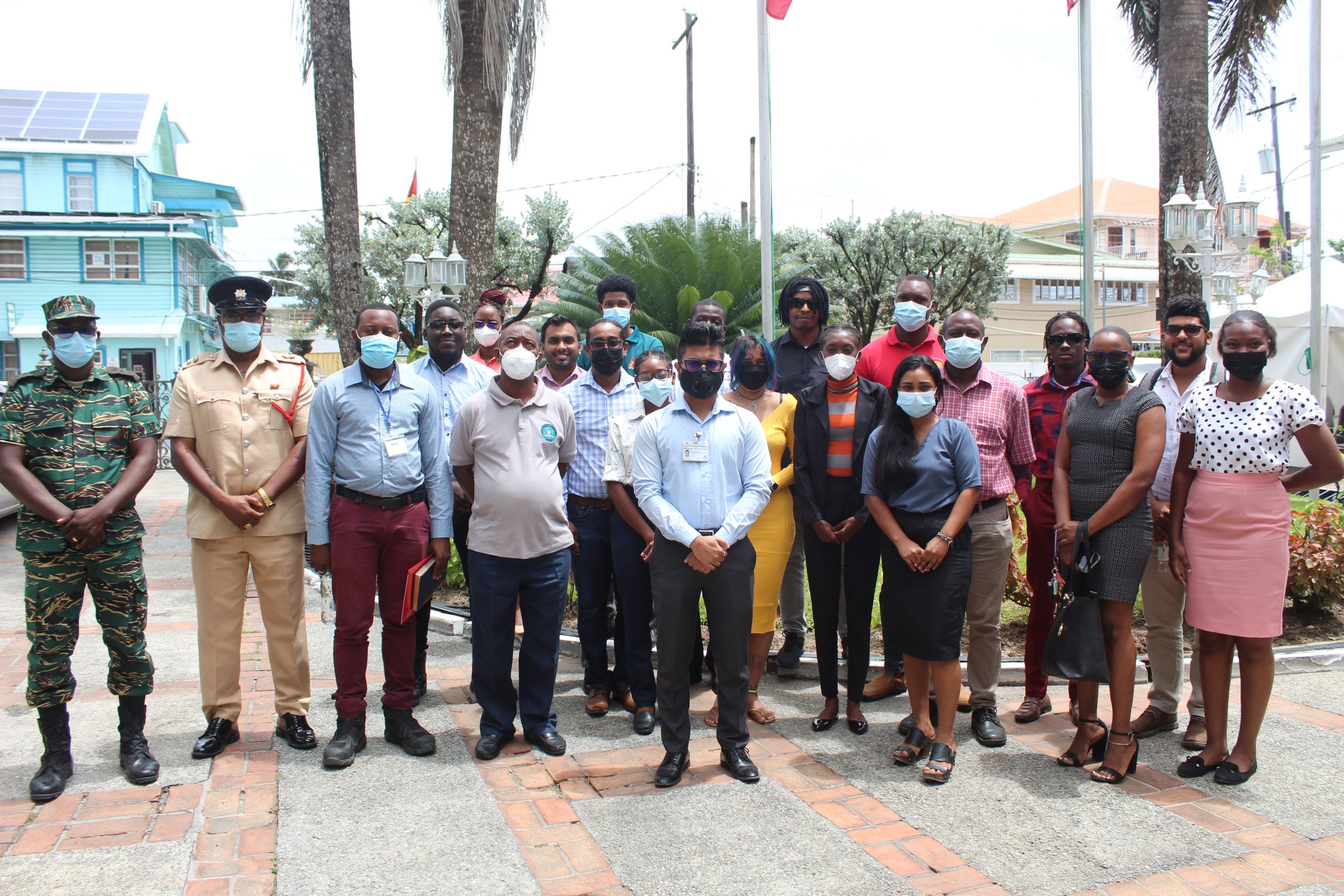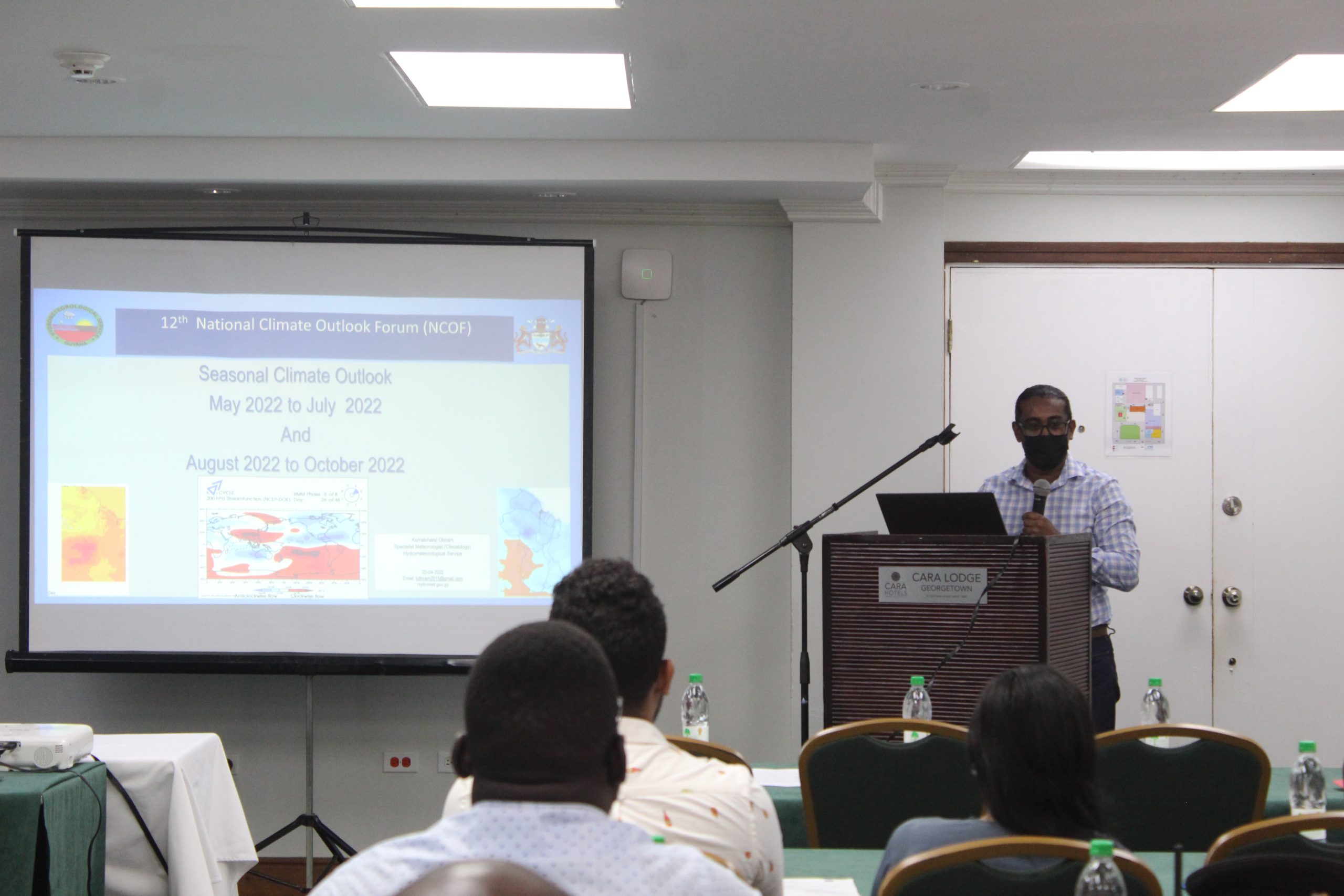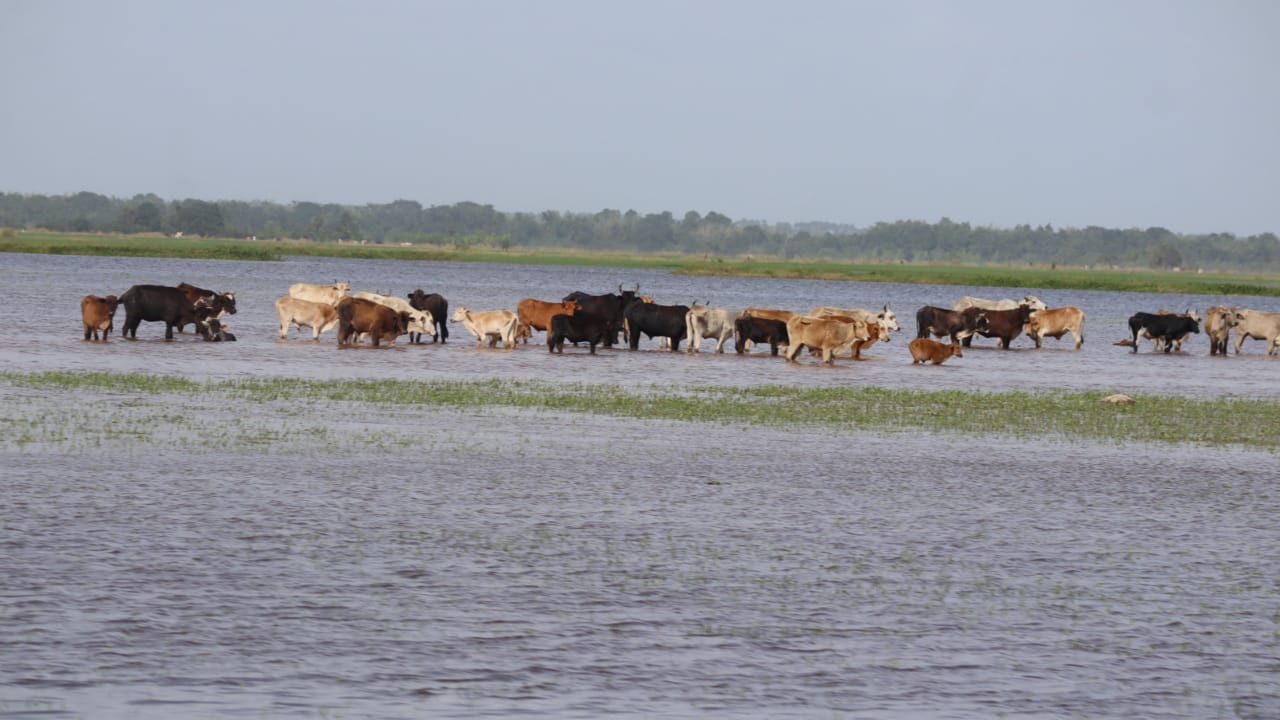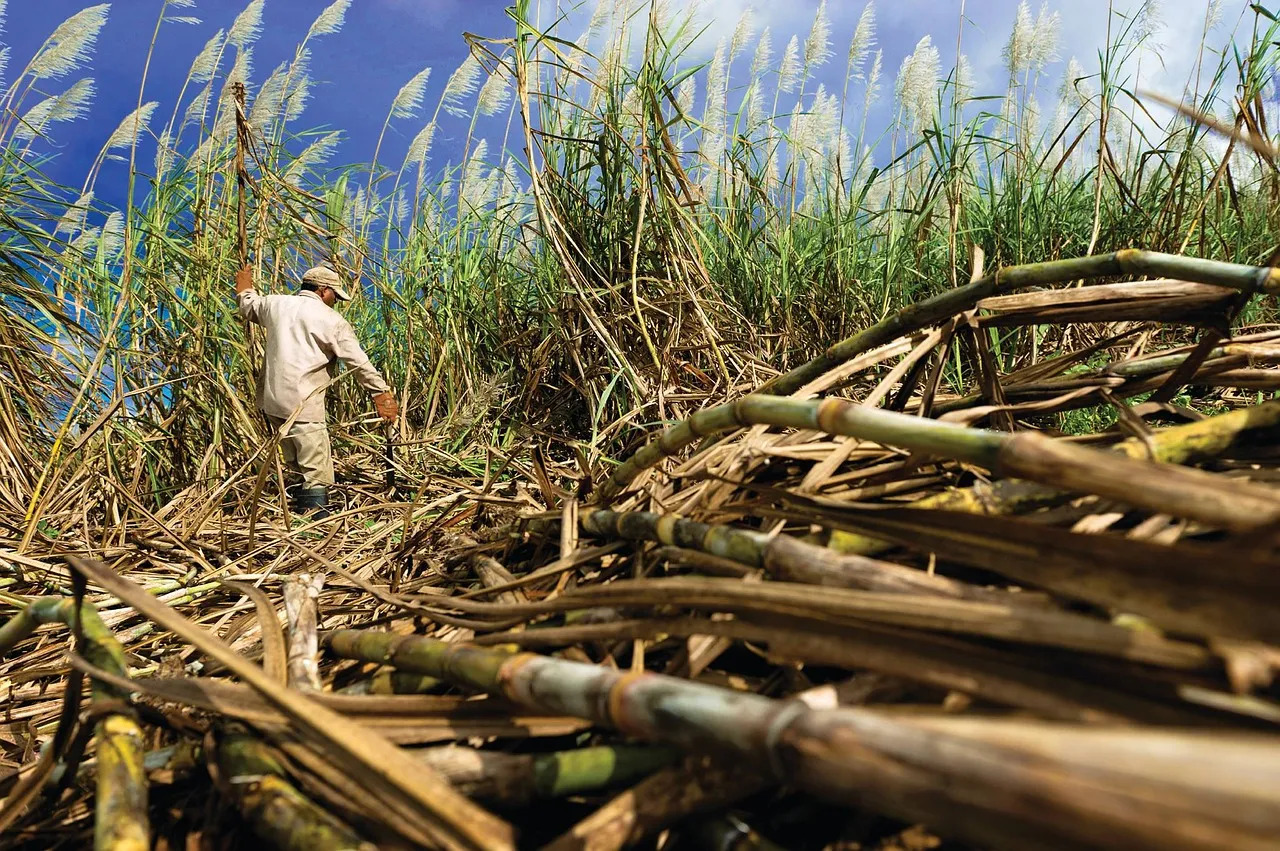Flooding as a result of climate change poses a great threat to farmers as was seen with unprecedented flooding in 2021, and now with the upcoming rainy season from May to July, the Hydromet Office is recommending that farmers take all necessary precautions to secure their crops and livestock.
The Hydrometeorological Service of the Ministry of Agriculture on Wednesday said the upcoming rainy season from May to July 2022 will become more frequent leading to flash floods.
To alleviate losses, Hydromet has recommended the planning of drainage interventions to manage increasing rainfall amounts and the maintenance of drainage infrastructure.
Farmers are also being urged to take all necessary precautions to secure their crops and livestock, a statement from Hydromet revealed.

Further recommendations include, water harvesting on wetter days, the increased use of cover crops, and consideration for the use of drip irrigation systems where possible.
Livestock farmers are also being advised to provide water troughs for livestock, avoid overcrowding of livestock and provide proper shelter for animals.
During the 12th National Climate Outlook forum on Wednesday, stakeholders in the agriculture, public health, energy, tourism and other sectors participated in the discussions.

According to the Climatological Outlook presented by Specialist Meteorologist Komalchand Dhiram, as the season progresses, water levels in conservancies, reservoirs and rivers across all regions are likely to increase.
High tides could also lead to water accumulation in coastal regions.
Meanwhile, Deputy Chief Hydromet Officer, Esan Hamer also underpinned the necessity of inter-agency collaborations and impact-based forecasting.
“There is a need to address the gap between forecasts and warnings of hydrometeorological events and an understanding of their potential impacts, both by the authorities responsible for civil protection or emergency management and by the population at large.
“While there is a realization of what the weather might be, there is frequently a lack of understanding of what the weather might do,” Hamer stated.

The Hydromet Service will continue to provide updates for the upcoming season as new information becomes available. Persons can access information from the Farmer’s Monthly Weather Bulletin, Drought Bulletin and the Seasonal Climate Outlook Newsletter which are all available every month on its website.
For short-range forecasts and weather analyses, stakeholders are advised to follow the daily weather briefs, outlooks and advisories produced by the National Weather Watch Centre or visit www.hydromet.gov.gy. The forecast desk could also be reached at 261-2284 or 261-2216.












